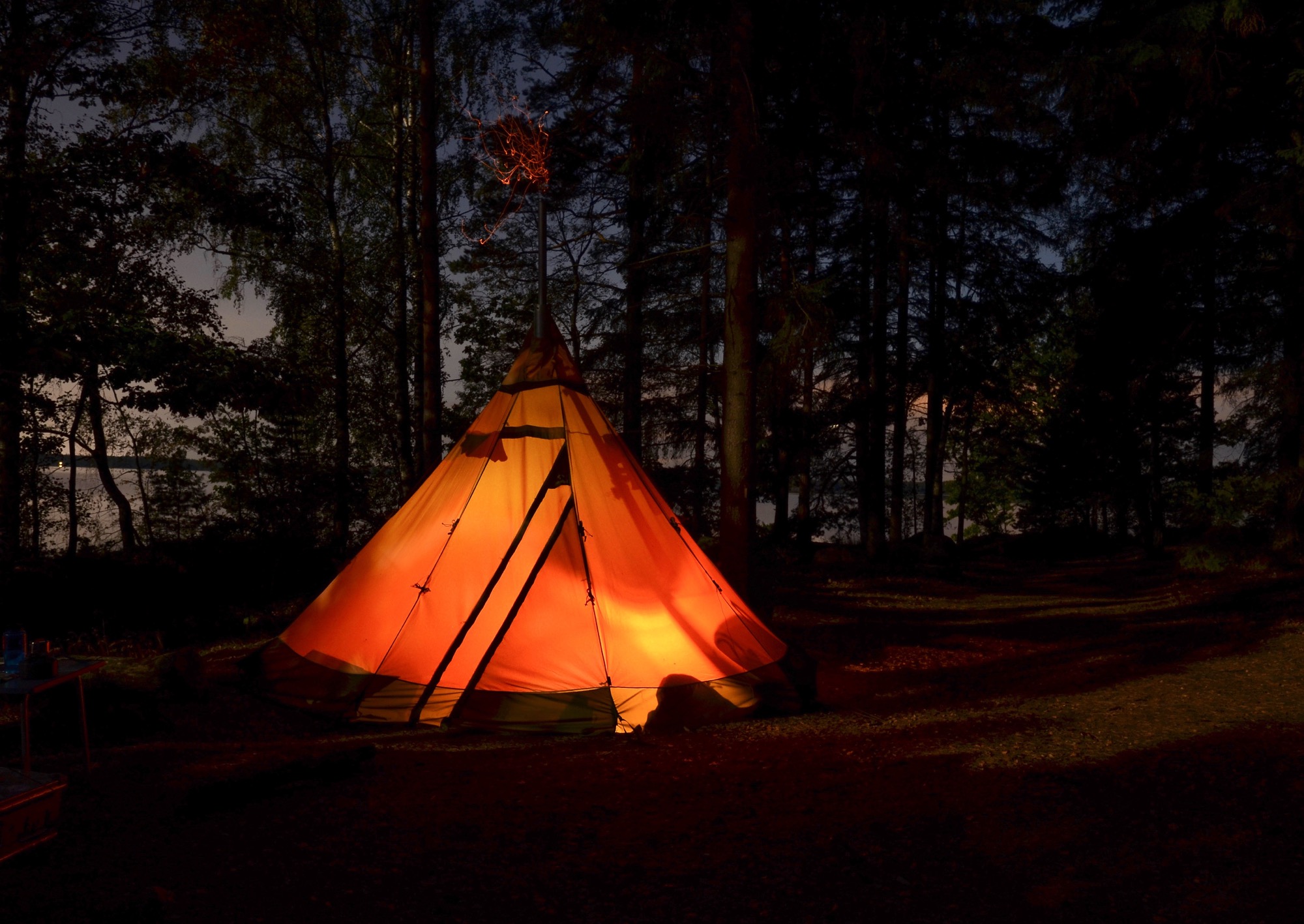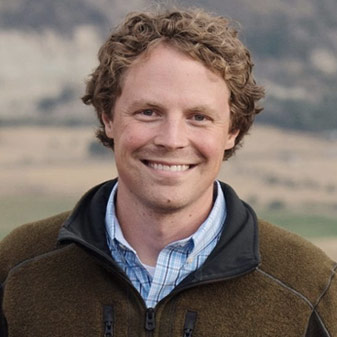No one likes when landowners slap up “No Trespassing” signs and block access. But with access disputes back in the news, it’s time to confront the possibility that our current strategies to promote public access aren’t solving the problem — they’re making it worse.
Access disputes boil down to a simple fact: Whether over concerns about privacy, liability, or risk of abuse by a few bad actors, landowners are often reluctant to grant strangers open access to their private property.
But when it comes to trying to enhance access, we often go about it the wrong way. Public-access groups pursue confrontational approaches that make enemies out of the very landowners they need to engage most.
Fortunately, there’s a better way. Consider the sharing economy, which is revolutionizing the way people tackle similar problems. With services such as Airbnb and Uber, entrepreneurs find ways to share “access” to underused assets like spare bedrooms or vehicles. They do so by connecting suppliers and demanders and creating trust among both parties.
With Airbnb, homeowners share the privacy of their own homes with total strangers. Uber drivers use their personal vehicles to give rides to people they don’t know. Why? Because the services allow users to contract in convenient, mutually beneficial ways and provide assurances that both sides will act responsibly.
Those same principles can be harnessed to provide private-land access — and, to some extent, they already are. Want to pitch a tent on private land? Hipcamp, a startup based in San Francisco, has created a land-sharing program that allows people to do just that. Powderhook, an outdoor company in Nebraska, has experimented with a similar model for hunting and fishing access. And a Michigan college student is developing a land-sharing app that allows hunters and anglers to lease private land for short periods of time.
The challenge is to create a system that benefits landowners and minimizes the risks of granting access. Hipcamp, for instance, provides liability protection and a property-protection plan that reimburses landowners for damages caused by campers. It also includes online reviews, a rating system, and a single-strike policy to ban rule-breakers from using the service.
This is far from the standard approach to public access. Landowners are routinely vilified for exercising their rights to privacy on their private property. In many instances, public-access groups sue landowners to try to open up access in the name of the “public trust doctrine.” While this strategy may produce an occasional “win” for public access, its overall effect is to pit landowners against recreationists and reduce their willingness to provide access in the first place.
And now, thanks to recent actions by the U.S. Forest Service, there is another reason for landowners to be wary of granting access: The agency has been actively encouraging people to trespass on some private lands in order to help establish prescriptive easements, as in the case of the Forest Service ranger who was reassigned last month over disputes with landowners in the Crazy Mountains. “NEVER ASK PERMISSION” to cross these private lands, the ranger, Alex Sienkiewicz, was quoted saying on the Public Land/Water Access Association’s Facebook page last year. Not surprisingly, that’s controversial among landowners.
These confrontational approaches have downsides. When the Forest Service claims a prescriptive easement through someone’s private property, it makes other landowners less willing to grant access elsewhere. After all, the message is clear: If you allow access, you may be susceptible to a prescriptive easement claim. The result is even more “No Trespassing” signs — which is not what any public-access advocate, or any Montanan, really wants.
So next time you hear someone disparaging a private landowner in a local access dispute, or a ranger encouraging people to trespass across private property, think of the entrepreneurs who are working to come up with a solution that benefits both the landowner and the public. It’s a better way — and the right way — to solve the problem.
This article originally appeared in the Bozeman Daily Chronicle on July 19, 2017.




